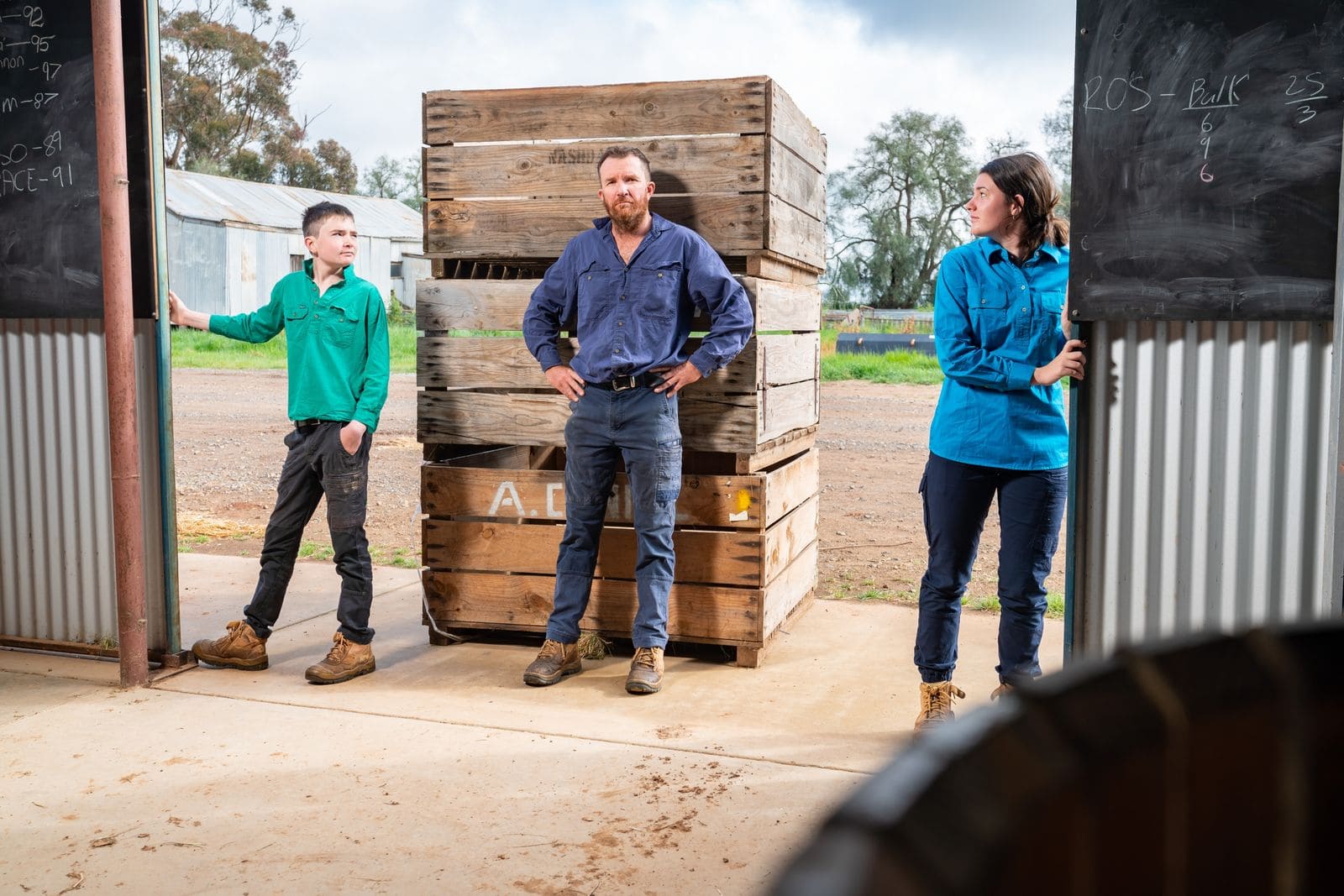Carbon Farmers of Australia will be hosting a National Carbon Farming Conference and Expo in…
One size does not fit all on employment laws

Federal Employment Minister Tony Burke this week announced proposed new employment laws to require casual workers with regular and predictable hours to be made permanent.
NSW Farmers workplace relations spokesman Chris Stillard warned it would simply make it harder to employ casuals with no real benefits.
Casual employees already had a pathway to request permanent employment, he said, and there had been no increase in the employment of casuals over the past decade.

“In agriculture there are plenty of seasonal jobs that are available on full time hours, but they are only available for part of the year or relatively short periods of time over the year,” Mr Stillard said.
“There’s also a high chance of disruptions to the work available, whether they be weather related or market related.
“Businesses need certainty to be able to engage staff accordingly to meet these fluctuating demands, and while we understand what the Minister is getting at, the proposed changes raise more questions than they answers.”
‘Standing up’ for workers
Part of the Albanese Labor government’s suite of industrial relations reforms, the changes put forward by the minister was aimed at ‘closing a loophole’ that left people stuck as casuals when they actually worked permanent regular hours.
In a statement, Mr Burke said the government was “standing up for casual workers who want to become permanent employees”.
“They work just like permanent employees but don’t get any of the benefits of job security,” Mr Burke said.
“The previous Liberal and National Government didn’t just ignore this loophole – they actually legislated to make it worse. The new Government will ensure that eligible casuals who want to become permanent can do so.

“We will legislate a fair, objective definition to determine when an employee can be classified as casual. There will be a new pathway for eligible workers to seek permanency, should they wish to do so.”
According to the government, the change would help more than 850,000 casual workers with regular work arrangements, giving them greater access to leave entitlements and more financial security if desired.
“This is entirely about giving workers more choice,” Mr Burke said.
“Many casuals won’t want a permanent job. If you’re a student or just working a casual job to make some extra money, this change won’t matter to you.
“But there are casual workers who are trying to support households. They’re being used as though they’re permanent workers and the employer is double dipping – taking all the advantages of a reliable workforce and not providing any of the job security in return. That loophole needs to close.”
Irregular work a challenge for farmers
For Mr Stillard, a horticulture grower in Southern NSW, there were long periods where few workers were required, and short periods where more were required.
He said any broad changes to employment law without properly consulting the industry or observing the feedback provided by the industry could have an impact on further driving up food production costs.
“Take the example of pruning, it runs for three months, three days a week, then it ends.”
NSW Farmers workplace relations spokesman Chris Stillard
“Three months later thinning (removing excess fruit) begins and it runs for one month, four days a week and then it ends. A month later harvest begins – six days a week for two months and then it ends. Pruning recommences three months later.

“No business can afford to have workers sitting around waiting for something to happen, and that’s before you factor in a hailstorm that might destroy that year’s crop, or a flood, or you get delays due to cold, or if fruit bats come and threaten your crops you might need to do two fifteen hour days to strip trees rather than eight six hour days to pick-to-size.
“This is the reality of horticulture, but there are similar challenges for other types of agriculture, you can’t just have a ‘one size fits all’ approach because we’re all different.
“The crazy part is that casual employees who have worked regularly and systematically over an extended period already have a protected pathway to request to be converted into permanent employees.
“Our preference is to keep the current definition and option to request conversion, as it provides certainty to all parties and offers casual employees the option to pursue conversion through a request mechanism.”
NSW Farmers members can join in directly on important conservations like this through the FarmFeed portal. Read more here.








